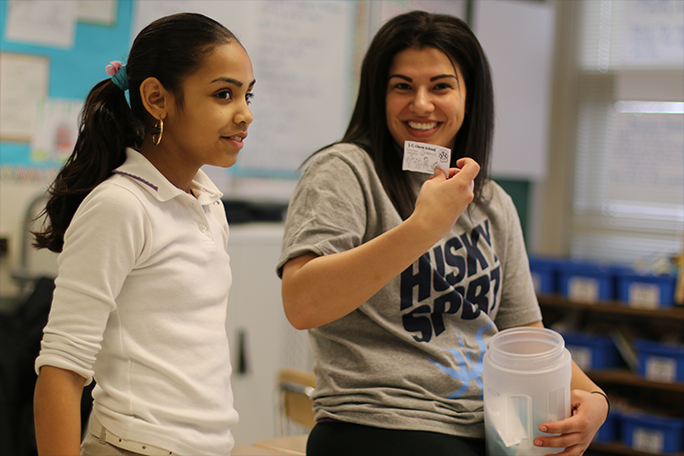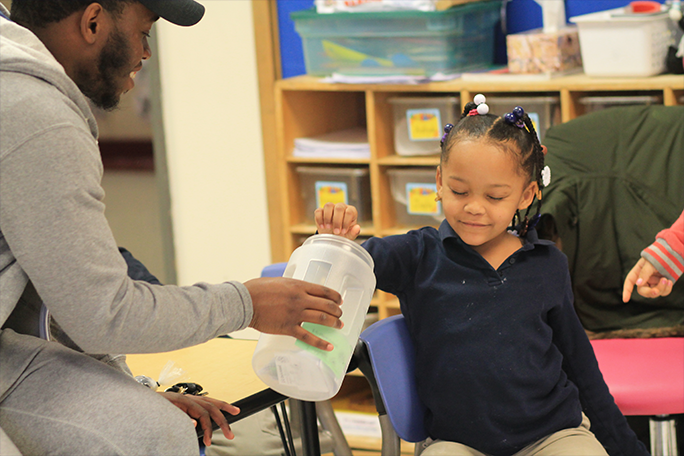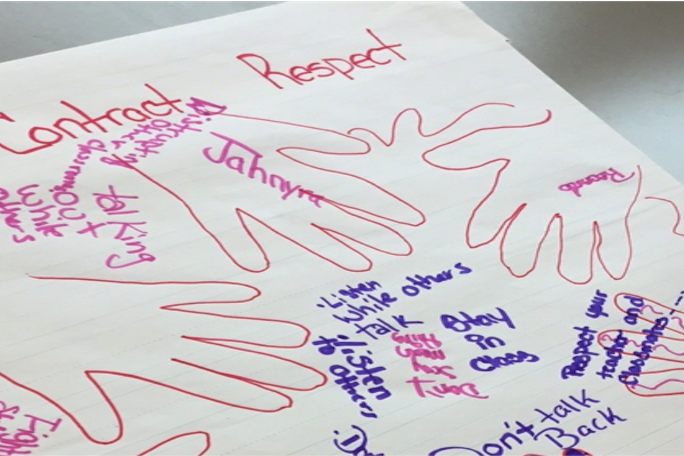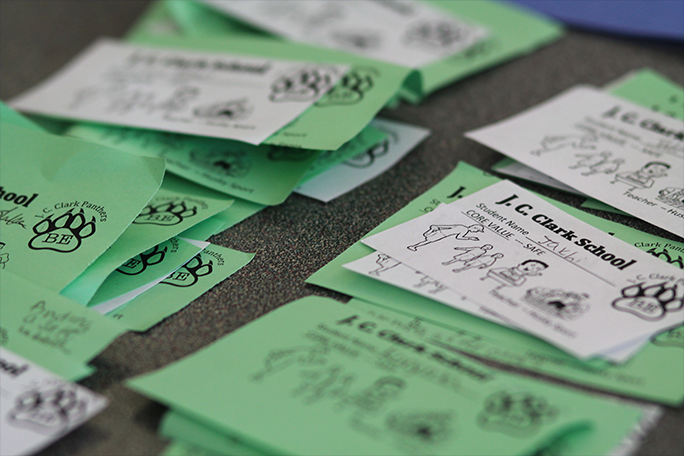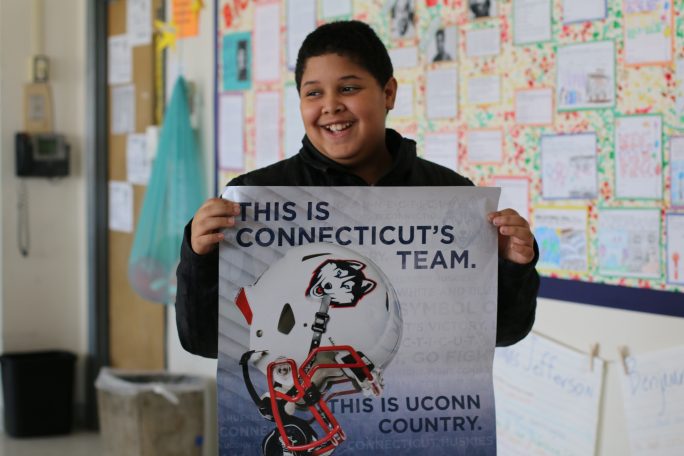School-Wide Positive Behavioral Interventions and Supports (PBIS) is a framework of “support that includes proactive strategies for defining, teaching and supporting appropriate student behaviors to create positive school environments” (What is SWPBS?, 2015). In an effort to proactively address issues, positive social behaviors are introduced, modeled and reinforced for all students within the school in an integrated three-tiered logic. At the primary level (Tier 1), practices are established in all classroom and non-classroom settings to introduce and reinforce expected behaviors, prevent undesirable behaviors, and increase academic achievement. At the secondary level (Tier 2), further supports are provided for small groups of students who continue to have behavioral problems even with primary supports. At the tertiary level (Tier 3), supports are specialized for students who continue to have high-risk behaviors despite primary and secondary supports (What is Positive Behavioral Intervention and Supports, 2014). Research has shown that the consistent implementation of PBIS framework leads to social and academic improvements for students, families and school communities (Positive Behavioral Intervention & Supports, 2015).
PBIS in Husky Sport:
Though long time participant and supporter of School-Wide PBIS through events and prizes, Husky Sport further adopted the PBIS framework and implemented the PBIS models of school time partners starting in the spring of 2015. Within Husky Sport school time programs, we engage with students and teachers in grades K-8 multiple times per week, allowing us to teach and model core values of positive behavior on a consistent basis. Throughout these sessions, “Positive Tickets” are rewarded as acknowledgement and reinforcement for students who display positive behaviors as a match with school standards.
Husky Sport utilizes PBIS as its primary behavior management system for every school time program. Each activity and lesson includes explanations and demonstrations of the school’s core values, as well as reinforcement of these positive behaviors through the distribution of modified “Positive Tickets.” At the end of each visit, Husky Sport staff holds a raffle using only the tickets distributed during that class period – with one winner selected to receive the prize for that class period. Dialogue with students reinforces support for the one winning student as part of the larger classroom community, with additional prizes distributed to individuals and classes as part of larger school-wide PBIS efforts to so ensure student supports towards positive behavior beyond the raffle winner.
At the end of each day, Husky Sport Program Leaders record “Positive Tickets” data for each classroom visit, including individual tickets received per student, class winners, class ticket totals, number of Husky Sport staff writing tickets, and classroom raffle prize winners. Data collection and analysis informs continuous improvements within our PBIS systems, as well as helping to identify needs and developing strategies for engagement with individual students and classrooms. Husky Sport staff and student-volunteers participate in a series of interactive workshops, literature review, and case study style trainings so to empower campus personnel as with PBIS knowledge and best-practices, as aligned with school time partners. The combination of debriefing from first-person experiences and on-going data analysis allows for an important balance of staff perspective and numerical trends to inform discussions and improvement efforts around PBIS.
